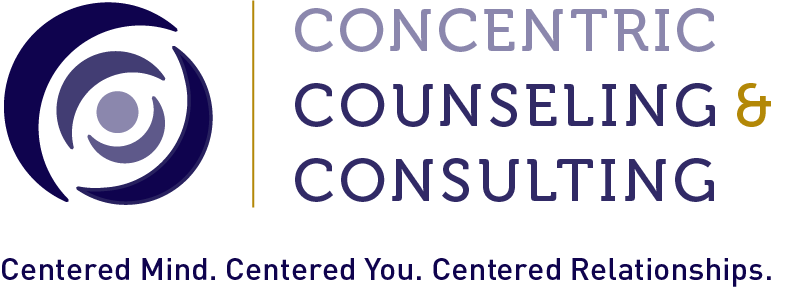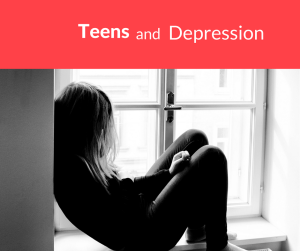Sexual Trauma, Triggers, & The 24-Hour News Cycle
/By Concentric Counselor Katie Ho, LPC, NCC
You can hardly escape today’s current social and political climate - it’s on the news, in your social media, overheard at lunch, and even for therapists, themes in session. For those who have experienced trauma in their lifetime, past or ongoing, navigating topics like sexual assault can be overwhelming, scary, complicated and sometimes even powerful. How we take care of ourselves and the people around us who may be struggling with the complexity of their emotions has to be part of the larger conversation. It’s clear that avoiding or minimizing discussions on sexual violence and quieting the stories of survivors is not the path to atonement and reconciliation. But as we create space and lift up the voices of those who have suffered, we must also take inventory of what comes up in us and tend to those parts with kindness, care and nurturing.
The #MeToo movement, local and national advocacy groups and social justice organizations have been and continue to create a platform for those who have been victim to sexual harassment and assault. While the stories and accounts of these traumas seem to be daunting all of the sudden for those who have been unaware, statistics and experts have known for some time of these experiences. The National Sexual Violence Resource Center (NSVRC) estimates that 1 in 5 women will be raped in the United States in their lifetime, and that 1 in 3 women will experience some form of sexual violence. The majority of these acts are committed by acquaintances, partners or people who are known by the victim, and according to the Rape, Abuse & Incest National Network (RAINN), the majority of these events occur at or near the victim’s home. These of course are statistics, data and research gathered through reports from multidisciplinary agencies. There is undeniable value in knowing these numbers. And just as much, there is value in hearing the experiences and seeing the faces of survivors who have chosen to come forward.
As allegations and reports of sexual assault make the news, we are bombarded with information, opinions, commentary and even jokes on the matter. Survivors are subject to their own re-traumatization, which has an impact on psychological and physical health, triggered by both the details of these publicized allegations of assaults and non-believers who dismiss them.
In knowing that a trigger is a psychological stimulus that can be evoked through anything from sights, smells or sounds, it’s no wonder that the 24-hour news cycle is affecting so many people. Survivors are not alone in their strong reactions to the constant replaying and subsequent criticism, shaming or dismissing of survivor stories. Those who feel a connection or calling to the cause, whether it be through their empathic attunement or knowing a survivor, may also experience the distress and burnout that comes with the current climate.
So how do we take care? How do we balance the righteous anger and complexity of our other emotions, promote advocacy and change, all while healing and taking gentle care of ourselves? In doing this, one of the most important things to know is nothing can replace the support of others. So find someone, or a group of someones, who can help to support, validate and foster a safe environment for processing.
Find a tribe, or maybe even create one. Pay attention to your body, as our physical being can often tell us when stress is increasing and it’s time for tending and healing. Maybe that means physical exercise, movement, touch or a practice of progressive muscle relaxation (a quick YouTube search is all you need!). Set boundaries. Limit your intake of news and dialogue on the topic by knowing how much mental and emotional labor you’re able to give without overextending yourself. And if you find yourself overwhelmed, triggered or lost, use mindful grounding techniques to bring yourself back into your here and now. Feel your feet on the floor, describe and notice something around you, use your five senses to bring a consciousness into your physical environment and current moment in time and add in a quick reminder - “I am safe. I am in control. I am okay.”










